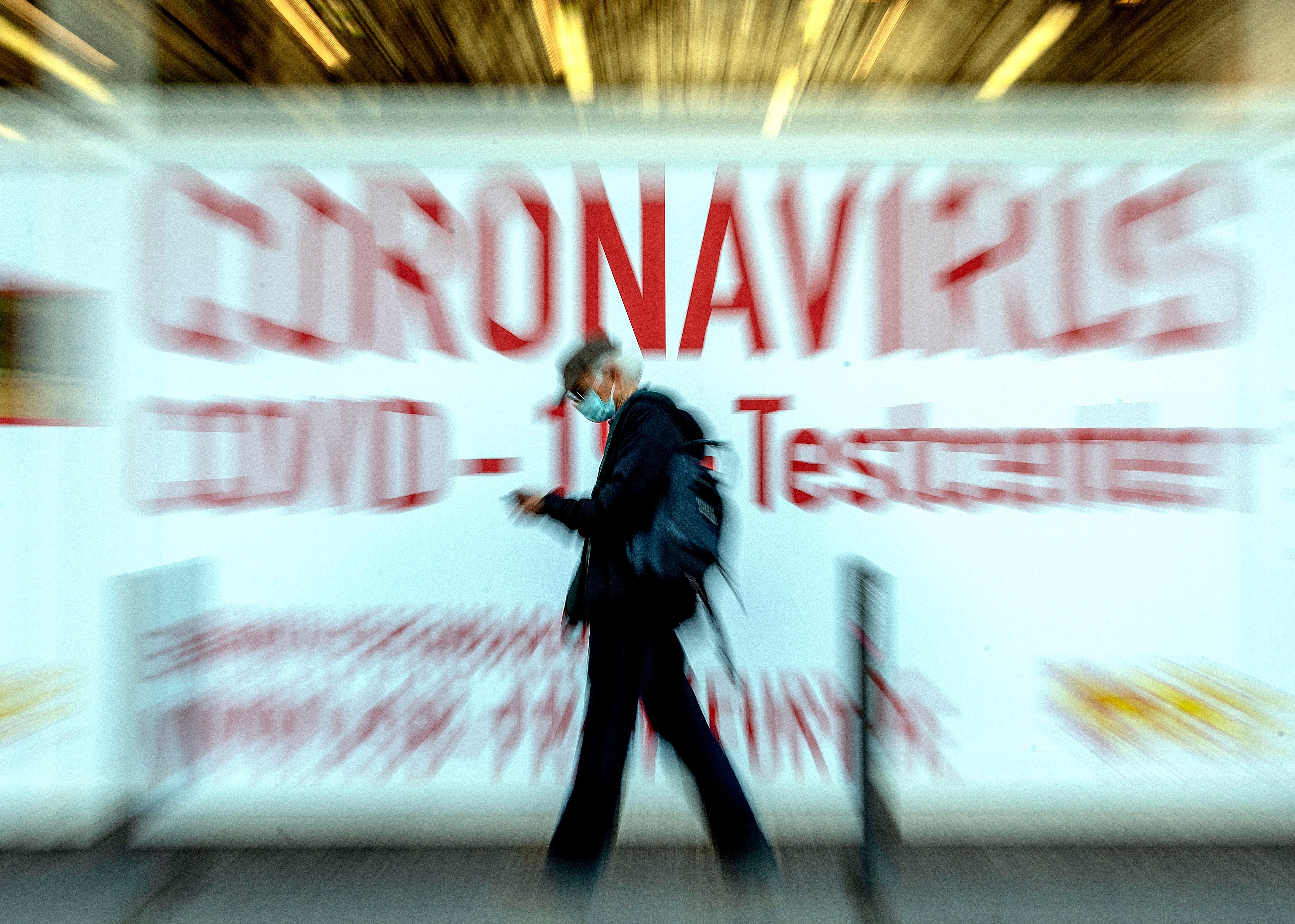Germany eyes possible fraud after surge in testing centers
German authorities are investigating allegations of fraud involving the massive rollout of free coronavirus tests

Your support helps us to tell the story
From reproductive rights to climate change to Big Tech, The Independent is on the ground when the story is developing. Whether it's investigating the financials of Elon Musk's pro-Trump PAC or producing our latest documentary, 'The A Word', which shines a light on the American women fighting for reproductive rights, we know how important it is to parse out the facts from the messaging.
At such a critical moment in US history, we need reporters on the ground. Your donation allows us to keep sending journalists to speak to both sides of the story.
The Independent is trusted by Americans across the entire political spectrum. And unlike many other quality news outlets, we choose not to lock Americans out of our reporting and analysis with paywalls. We believe quality journalism should be available to everyone, paid for by those who can afford it.
Your support makes all the difference.German authorities are investigating allegations of fraud involving the massive rollout of free coronavirus tests, which are being carried out now in converted cellphone stores, beauticians and art galleries across the country.
Germans have to present a negative test result in order to enter non-essential stores, visit restaurants or bars, or attend small-scale cultural events. The government pays for one free test per person each week, which has led to a proliferation of more than 15,000 businesses offering antigen tests that provide results within 20 minutes.
“There is the suspicion, a very well-founded suspicion after everything I've seen, that there's also been fraud,” Jens Spahn the country's health minister, said Tuesday.
“There need to be criminal consequences,” he added, noting that prosecutors are investigating the allegations.
The issue has once again raised questions of who is accounting for the German government's spending splurge in response to the pandemic.
Last year, numerous applicants seeking government support for businesses affected by the lockdown were found to have made fraudulent claims, leading to a tightening of rules and severe delays in payments as further checks were conducted.
Spahn said the government had spent about 660 million euros ($807 million) to cover the costs of providing up to 45 million free tests in a month — more than any other country in Europe His ministry was unable to say how many of those tests came back positive.
___
— Follow more of AP’s pandemic coverage at https://apnews.com/hub/coronavirus-pandemic and https://apnews.com/hub/coronavirus-vaccine